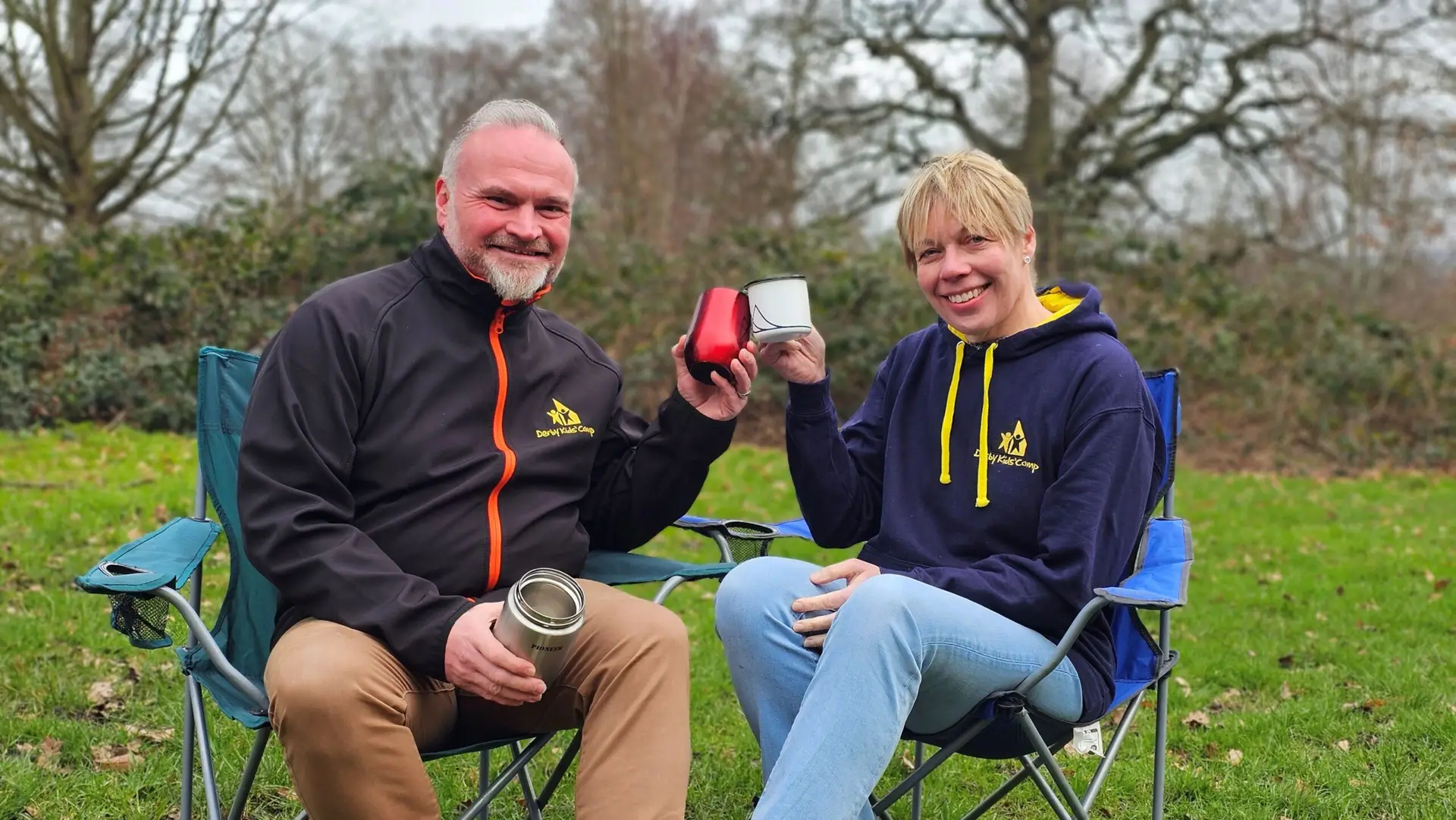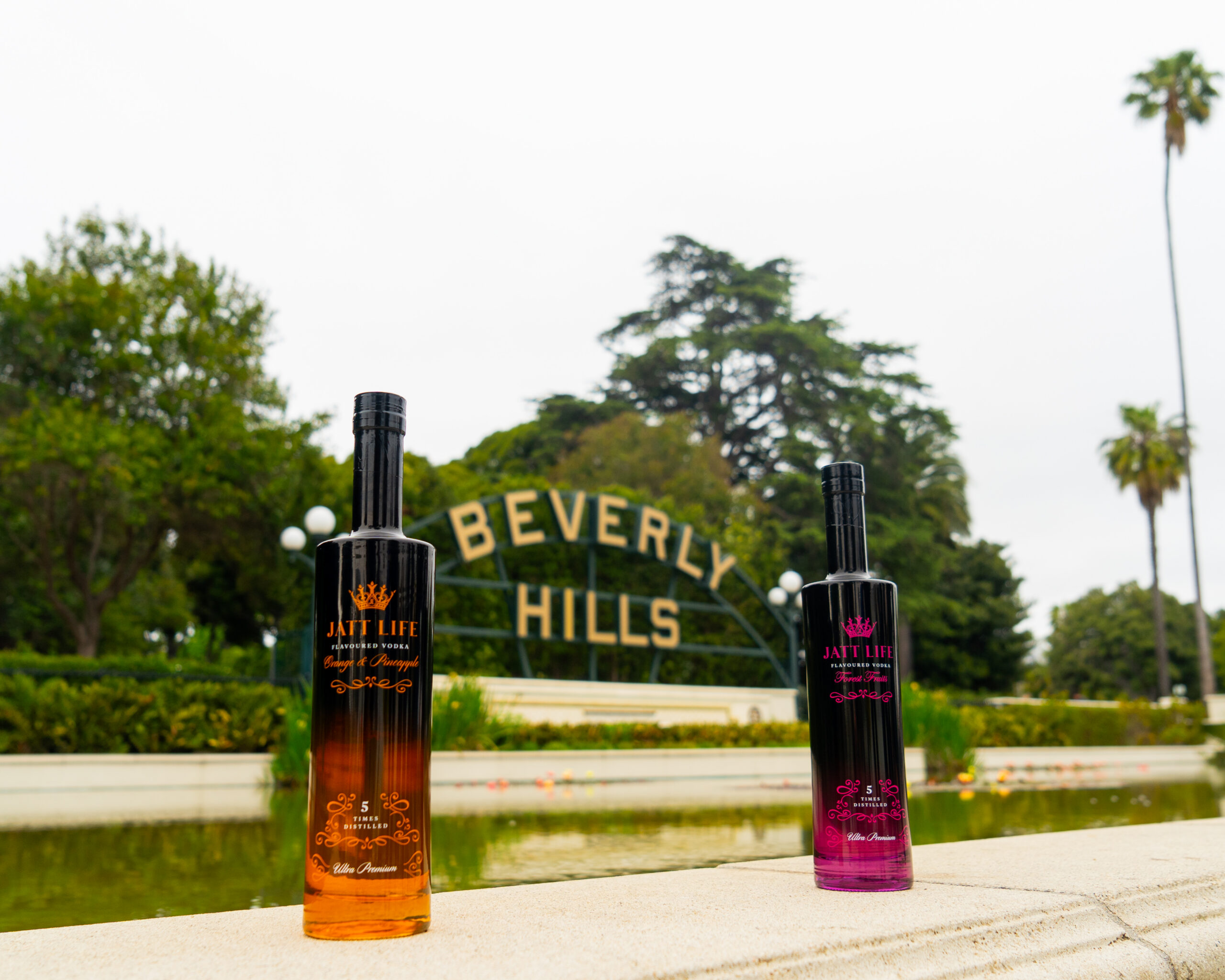An award-winning Derbyshire creative agency creating campaigns to incite positive change has backed an opinion-dividing ‘Maaate’ campaign aimed at tackling violence against women.
Anna Hutton and Claire MacDonald, sister founders of award-winning MacMartin – a company which creates behaviour change campaigns – said while they acknowledged the controversy of the ‘Maaate’ campaign, it would have been based on sound science and it was important to wait and see if it was successful.
Launched this week by London mayor Sadiq Khan, the idea behind the ‘Maaate’ campaign is to encourage men to put the brakes on misogynistic comments made by their male friends.

The aim is for men to interject with a ‘Maaate’ when they hear their male friends making disrespectful and potentially violent comments about women. The campaign has been rolled out following research from top behavioural scientists which observed the way men interact in male-dominated spaces such as the gym or barber’s. The idea is that by stopping talk of violence in its tracks, it will help prevent it escalating into actual violence.
The mayor has taken action after a ground-breaking study revealed two in three men want to intervene when they hear misogynistic language, but did not know what to say. A survey by UN Women found that 97 per cent of women aged between 18 and 24 in the UK said they had been sexually harassed, with 80 per cent experiencing sexual harassment in public spaces.
The campaign features huge advertising billboards in which the word ‘Maaate’ is pictured on a roller device, crushing the misogynistic sentence: “She’s asking for it in that skirt.” There is also a video showing a scene amongst a group of men in which a friend says ‘maaate’ to pick up on violent comments made about a woman.
Officially partnered by LADbible group, comedian Romesh Ranganathan and presenter Max Selwood, the campaign has hit headlines with hugely divided opinions, and many critics labelling it patronising, naïve, and misplaced in that responsibility is placed on bystanders and not those making toxic remarks.
But Anna and Claire at MacMartin said truly effective behaviour change campaigns would always have the potential to cause controversy and are more fairly judged on their outcomes.
Anna, MacMartin’s marketing director, said: “Effective behaviour change campaigns can’t be insipid or watered down– and this campaign, for all its controversy, has a clear message, talking directly to a particular demographic. Campaigns like this are not made to be interesting to others or people pleasing, they are designed to change behaviour for the good of society.
“If campaigns are doing something good, and having the desired effect, they should not be criticised too heavily.”
MacMartin design director Claire said: “Behaviour change campaigns are always based on science and research, and the creative team behind this one will have researched their target audience, audience behaviours, and what resonates with them the most.
“Time will tell, of course, on whether the campaign is successful, but the decisions behind it won’t be random ones. It will be scientific and research led. Violence against women is a huge societal issue and I think it’s important that the London mayor has engaged with behavioural science experts to try and tackle it. Whatever you think about the campaign, the aims and science behind it are sound.”
The team behind the campaign have said its messaging and focus was carefully based on their research which found that men did not want to shame or alienate their mates and would be respectful if calling them out. A level of light-heartedness was also seen to be very important, and the desire for things not to get too serious.
The result is a campaign aimed at empowering men to create positive change in society in having a way of intervening in male conversations that may be escalating into violent talk, without affecting the mood of a night out.
MacMartin, founded in 2017, has this year announced a change in direction to focus on behaviour change marketing – like the ‘Maaate’ campaign. The MacMartin team is now working with local authorities, schools, charities and not-for-profit organisations like the YMCA, to create marketing campaigns that are a force for good – and not just about turning a profit.
For more, see www.macmartin.co.uk






